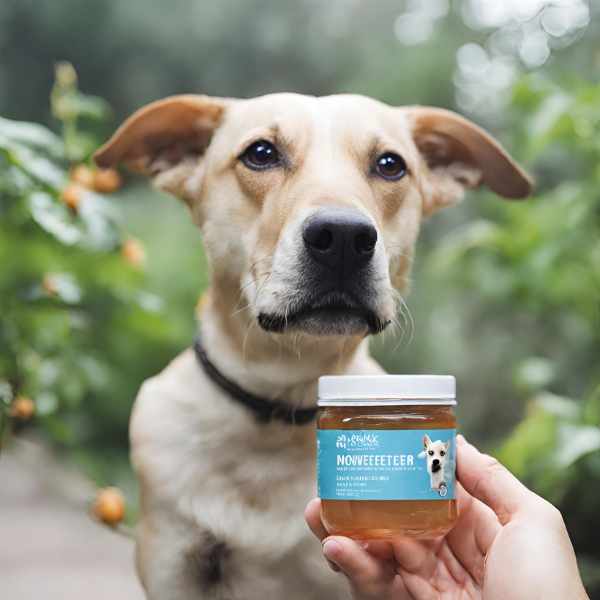In general, it is not recommended to feed dogs monk fruit sweeteners. It can cause many health issues in dogs such as gastrointestinal upset and many more.
Dogs have different digestive systems and they require specific nutrition, this low-calorie sweetener might not fulfill their dietary needs.
The age and breed of your dog matter a lot in this regard so your vet can tell you what and how to feed to keep it healthy and safe. It’s good to be health conscious for your dog because it’s your responsibility to keep it healthy all the time like you do for yourself.
Potential Risks and Concerns of Feeding Dog Monk Fruit Sweetener
Here are some potential risks and concerns associated with feeding dogs monk fruit sweeteners in large quantities:

Digestive Issues:
As it does not affect sugar intake, dogs may experience digestive upset, including diarrhea or vomiting when they consume monk fruit sweetener.
The unique composition of mogrosides in monk fruit sweeteners may not sit well with their digestive system, leading to discomfort and gastrointestinal disturbances.
Allergic Reactions:
Just like humans can have allergies to certain foods, dogs can also develop allergies. Monk fruit sweeteners contain natural compounds that could trigger allergic reactions in dogs.
These allergic responses can manifest as itching, skin irritations, or more severe symptoms such as difficulty breathing.
Metabolic Differences:
Dogs have different metabolic systems compared to humans. While monk fruit sweeteners may be metabolized and processed by our bodies without issue, dogs may not have the same capability. Their bodies may react differently to the sweetener, potentially causing imbalances or metabolic complications.
Lack of Nutritional Value:
Monk fruit sweetener primarily offers sweetness without any significant nutritional benefits. Feeding your dog a sweetener that lacks essential nutrients may not be the most ideal choice.

Instead, it’s important to focus on providing a well-balanced diet with appropriate sources of nutrition specifically tailored to their needs.
